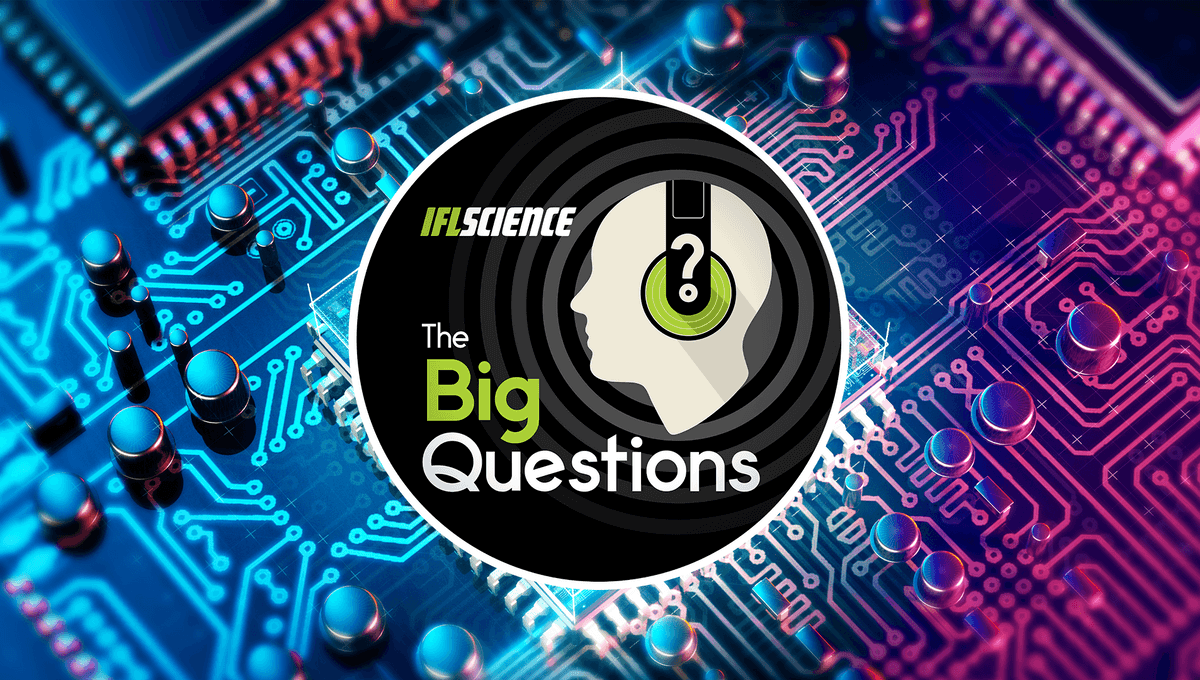
The path beyond the limits of regular computers, even the most powerful supercomputer, lies with the theory of quantum mechanics. Quantum computing promises to change the world, but how do quantum computers work, and how close are we to this fabled new approach to computation?
Host Dr Alfredo Carpineti spoke with Professor Winfried Hensinger, Professor of Quantum Technology at the University of Sussex, to discuss why we need quantum computers, what they would be used for, and why it’s taking so long to get them.
You can listen to this episode and subscribe to the podcast on all your favorite podcast apps: Apple Podcast, Spotify, Google Podcast, Podbean, Amazon Music, and more. A transcript of the conversation is available here.
Source Link: IFLScience The Big Questions: How Does A Quantum Computer Work And How Will They Change The World?